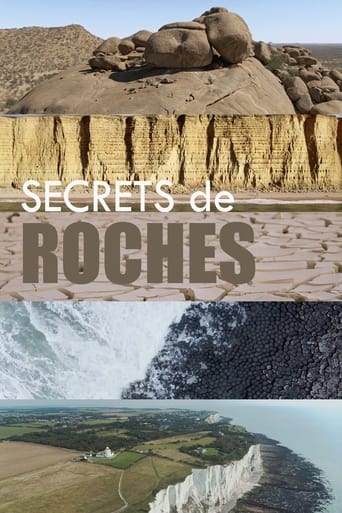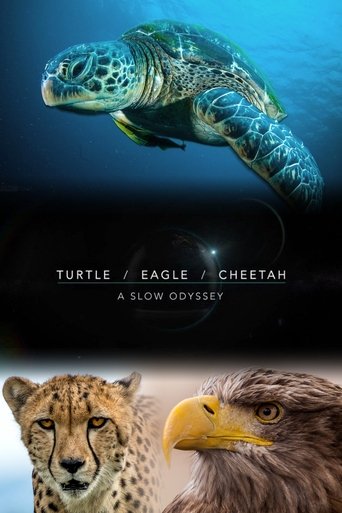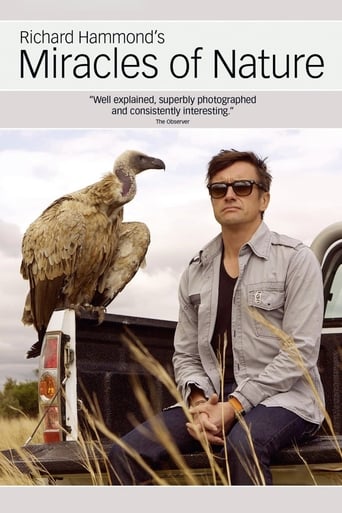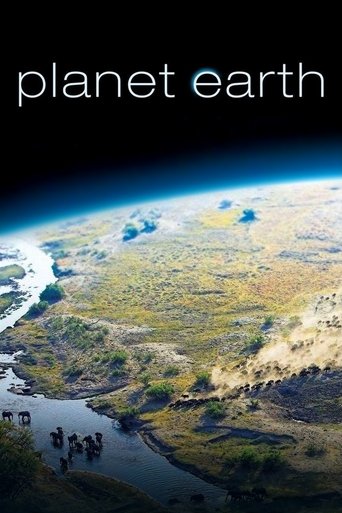
Rating:
8.6/10 by 1071 users
Caves
Although often overlooked, caves are remarkable habitats with bizarre wildlife. Explore the structures created inside the earth as well as the adaptations animals have made to thrive in these environments.
Writing:
Release Date:
Sun, Mar 05, 2006
Country: GB
Language: En
Runtime:
Country: GB
Language: En
Runtime:
David Attenborough
Self - Narrator
Season 1:

A global tour examining the behaviors of animals and revealing the effects of climate change on their environments.
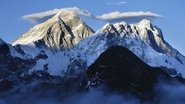
An exploration of the world's major mountain ranges and the habitats they create.

Although merely 3% of water on earth, fresh water plays an important part in the planet's weather and erosion. It is immensely important for all non-marine wildlife, which drinks fresh water and swims, procreates, hunts in it. Its concentrations, such as rivers, lakes and swamps, abound in aquatic and other species, often adapted to 'wet' life.
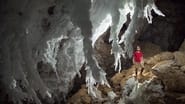
Although often overlooked, caves are remarkable habitats with bizarre wildlife. Explore the structures created inside the earth as well as the adaptations animals have made to thrive in these environments.

Despite the lack of rain, deserts are the most varied of our ecosystems. In fact, about thirty percent of the earth's land surface is covered in desert. Explore the unique conditions present in deserts as well as the survival mechanisms developed by the animals that inhabit them.
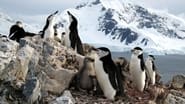
Experience life in the most hostile corners of the planet by exploring the terrain, seasons, and animals of the Arctic and Antarctic.
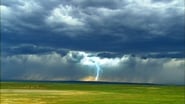
This episode deals with savanna, steppe, tundra, prairie, and looks at the importance and resilience of grasses in such treeless ecosystems. Their vast expanses contain the largest concentration of animal life. Over Africa's savanna, a swarm of 1.5 billion red-billed queleas are caught on camera, the largest flock of birds ever depicted.

Jungles cover roughly three percent of our planet yet contain fifty percent of the world's species. Experience the countless flora and fauna that inhabit these unique areas.
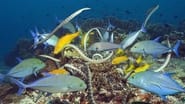
A look at the shallow seas of the earth, from coral reefs to kelp forests and beyond.
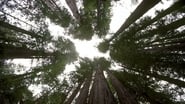
Trees are Earth's largest organisms and are also one of the planet's oldest inhabitants. Seasonal forests (unlike tropical rain-forest) are the largest land habitats. A third of all trees grow in the endless taiga of the Arctic north. Northern America has forests that include California's sequoias, the Earth's largest trees. There and elsewhere, their vast production of photosynthesis and shade presides over a seasonal cycle of life and involves countless plant and animal species.

An exploration of the deepest, darkest realms of the ocean, spanning countless species to a depth of 2,000 meters.








